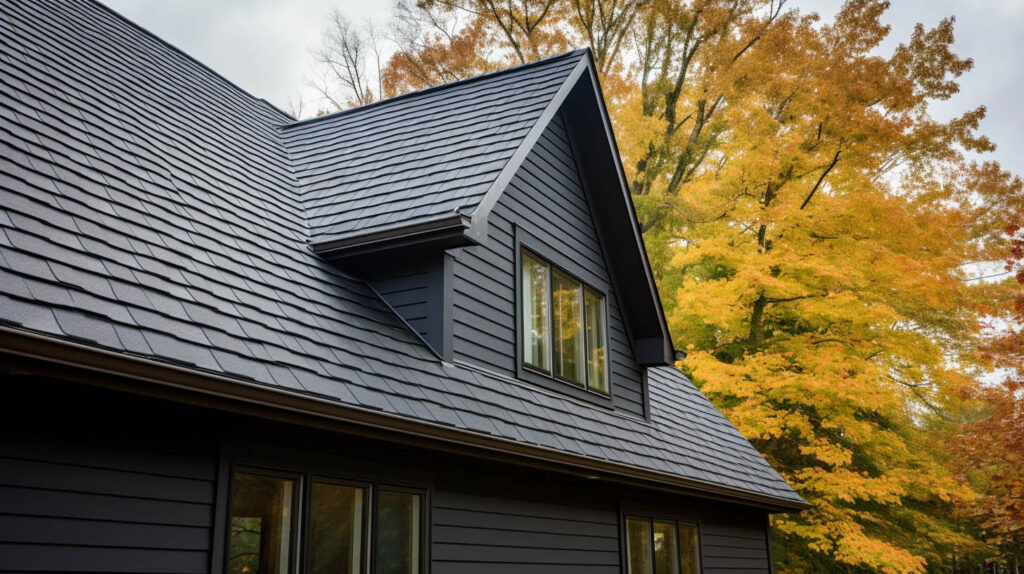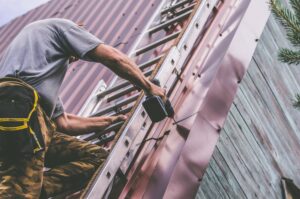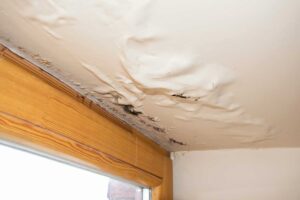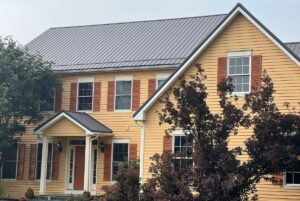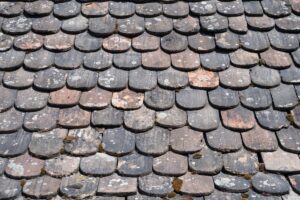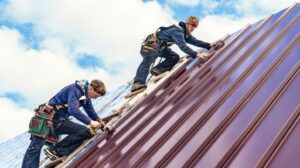Identifying and Locating Roof Leaks
When it comes to maintaining the integrity of your roof, understanding the process of identifying and locating leaks is crucial. The first step in this process involves a thorough inspection of your roof, ideally from the attic. Use a flashlight to spot any signs of moisture, such as wet insulation or shiny spots on the underside of the roof. Older leaks may present themselves through rotted wood or mold growth. It’s essential to trace these signs back to their source, which could be damaged shingles, compromised flashing, or blocked drains, especially in flat or low-pitched roofs.
Essential Materials for Roof Patching
At GreenLight Roofing and Remodeling, we recommend gathering all necessary materials before beginning any roof patching project. For asphalt shingle roofs, common materials include a flat bar, utility knives, roof sealant, caulk gun, new shingles, and roofing nails. It’s important to undertake this task in moderate weather conditions, as extreme temperatures can affect the pliability and durability of roofing materials.
Addressing Leaks in Plumbing Vent Pipes
One of the most frequent causes of roof leaks is damage to the sealing around roof vents. Over time, the rubber boot around the vent can develop cracks or tears. If the flashing is intact, replacing the rubber boot is often a sufficient fix. Ensure you have the correct diameter for the replacement boot or opt for adjustable flashing units.
Repairing Damaged Flashing
Flashing, the metal sheets that cover roof seams and transitions, is prone to damage from severe weather, debris, animals, or structural settling. While patching flashing can be a temporary solution, GreenLight Roofing and Remodeling advises that a permanent fix usually involves replacing the entire flashing along with the roofing system. For temporary repairs, either replace the flashing or apply roof sealant over it to create a flat, water-tight surface.
Fixing Flat Roof Membranes
In larger buildings with flat roof systems, patching involves dealing with the rubberized membrane. The process starts with removing the damaged area to inspect and replace any water-damaged fiberboard underneath. After replacing the fiberboard, a new piece of membrane is cut, placed, and secured with contact cement and sealant.
Conclusion
For any roofing needs, including expert patching services, turn to GreenLight Roofing and Remodeling, a leading roofing contractor in Weatherford, TX. Our commitment to quality and customer satisfaction ensures that your roof remains durable and leak-free. Contact us for a consultation and discover why we are the preferred roofing company in Weatherford, TX.

